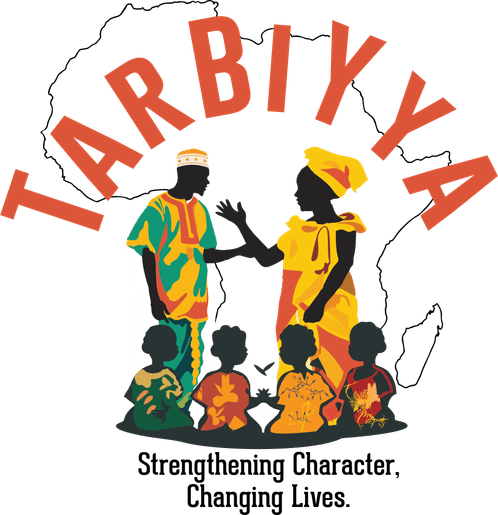About Kauna
Children learn best from
Professional Teachers
Young children learn and develop best when they are taught by professional teachers who are trained in early childhood education. This training should include knowledge of child development and skills to teach using developmentally appropriate practice (DAP). Developmentally appropriate practice means that for young children to effectively learn, the teaching methods and curriculum must match their developmental level and the unique ways that they learn. Children taught by professionally trained teachers have higher academic achievement, better language skills, and more advanced holistic development. Learn more about developmentally appropriate practice here.
Teacher-Pupil Relationship is Essential for Learning and Brain Development in
For young children, the teacher-pupil relationship is essential for learning and development. In fact, experts say that a positive, nurturing teacher-pupil relationship is even more important than teaching methods. This is because relationships are a basic human need. Maslow proposed that after children have their basic biological needs for food and water as well as safety met, the next need is to be loved. He proposed that children would not succeed academically if their need for love is not met. Researchers have also found that warm, caring relationships helps a child’s brain grow healthy and strong. Children who have a positive relationship with their teachers have:
- Higher academic achievement
- More enthusiasm for learning
- Positive attitudes to school
- Higher motivation
- Better social and character skills
Importance of Relationships for Resilience
Young children are affected by challenging experiences just like adults, though their responses may differ. Even infants are negatively affected when they experience things like physical abuse, sexual abuse, psychological abuse, neglect, domestic violence, substance abuse by a member of the household, extreme poverty, or community violence. These are called Adverse Childhood Experiences (ACES). Experiencing these types of challenges releases chemicals into the brain that, when frequently repeated, can harm brain growth and impact the child’s physical and mental health for a lifetime. Learn more about Adverse Childhood Experiences here.
However, children who have warm, positive relationships with adults can develop resilience, which is the ability to succeed despite challenging circumstances. Just as negative experiences release chemicals that are harmful to the brain, nurturing relationships release positive chemicals that support brain growth. Therefore, a teacher who demonstrates love and care to her pupils can have a powerful impact on a young child’s life by helping them to develop resilience.
We developed Kauna, a professional development curriculum for teachers of children from birth through 8 years of age, to help them develop the character strengths to become the warm, caring teacher that all children need, especially those from challenging home and community environments. The goal of Kauna is to help early childhood educators improve their teacher-pupil relationships, thereby enhancing pupils’ learning, development, and achievement.
Kauna Curriculum
Each character strength has eight lessons. Each module includes:
- A facilitator’s guide with detailed lesson plans to teach that character strength. Activities include traditional stories, proverbs, songs, games, and handcrafts.
- A workbook for participants to guide their studying and provide space for them to record what they have learned and changes they plan to make in their teaching responsibilities.
Character Strengths
Love
Love is a deliberate expression of care and concern for someone.
◦◦◦○○O○○◦◦◦
Social Intelligence
Being aware of the feelings and motives of others and oneself, thereby being able to successfully build relationships and navigate social situations.
◦◦◦○○O○○◦◦◦
Teamwork
Working together with a group of people to achieve a common goal.
Praise for Kauna
- Because of Kauna, [my teacher] is more committed, intentional, and zealous in her work. – Administrator of a Primary School in Angwan Rukuba, Jos, Nigeria
- My teacher who participated in Kauna consistently makes better choices as he relates with both teachers and students. – Administrator of a Primary School in Terminus, Jos, Nigeria
- My teacher who participated in Kauna is more coordinated, calm, dedicated, and always ready to teach and impact the lives of her pupils in the class and in the school at large. – Administrator in Tudun Wada, Jos, Nigeria
- My teacher who participated in Kauna tolerates her pupils more and corrects them gently, showing love and caring for them. This has made her own pupils and even others to always want to relate with her. – Administrator off Bauchi Ring Road, Jos, Nigeria
- Kauna programme has brought positive changes to the teacher and the pupils are also keying into it. – Administrator of a Nursery School in Vom, Plateau State, Nigeria
